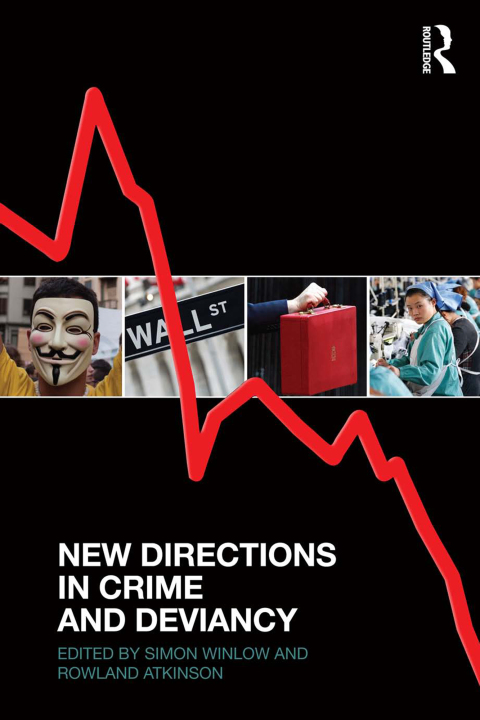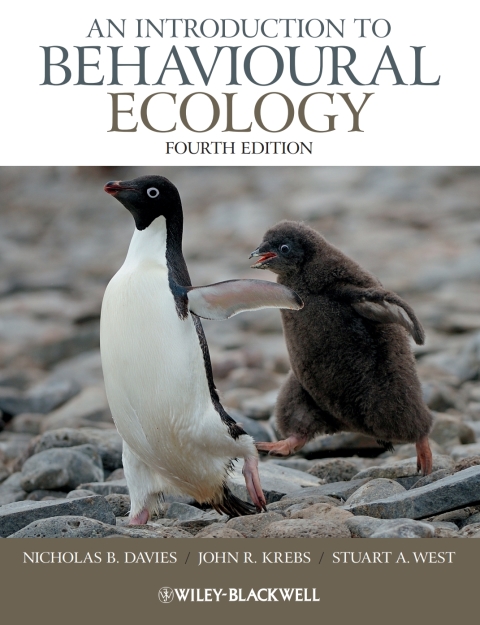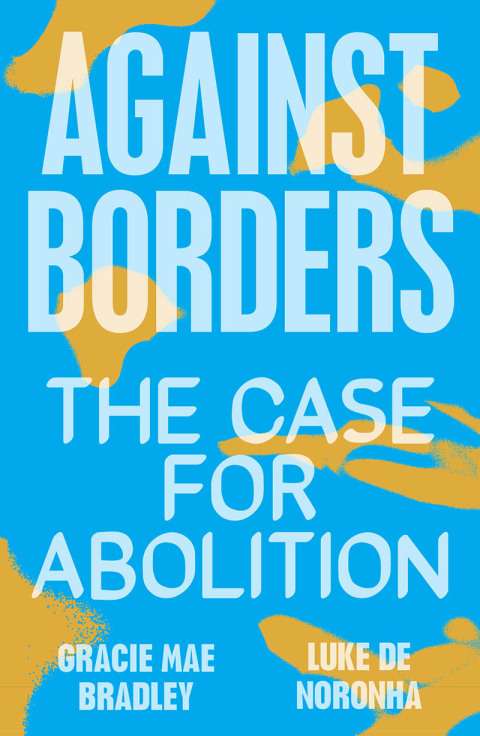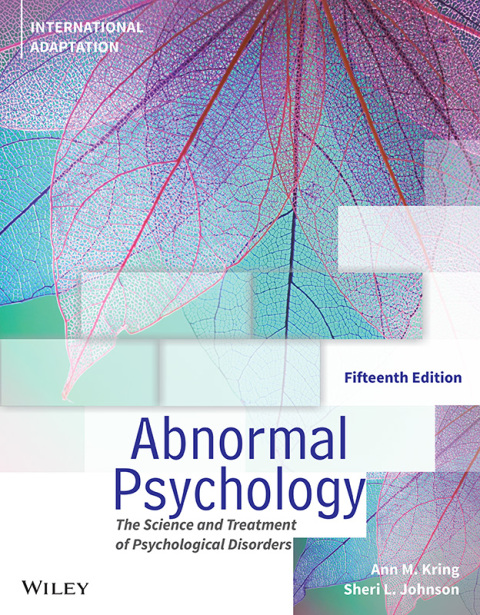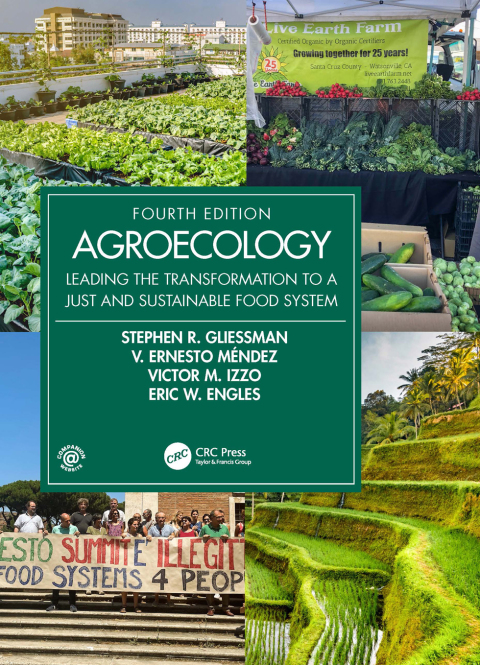Description
Efnisyfirlit
- Cover Page
- Half Title page
- Title Page
- Copyright Page
- Contents
- Notes on contributors
- Acknowledgements
- Introduction
- I Crime and deviance in the End Times
- A criminology at the End Times
- II Today
- Structural sociopathy
- Ponzi capitalism
- What’s left? Criminology in the End Times
- Can’t we all just get along?
- A better world is possible …
- References
- Part 1 Theorising postmodern capital
- 1 Is it OK to talk about capitalism again? Or, why criminology must take a leap of faith
- The ‘objectivity’ fetish
- Negation of the negation
- Anti-politics
- Truth and universality
- References
- 2 Living it down in Havana: Organized crime and the pseudo-pacification process
- References
- 3 The neoliberal harvest: the proliferation and normalisation of economic fraud in a market society
- Introduction
- Moralities and moral economies of defrauding (and harming others in the process)
- Unblocking morality research
- Towards a history of the norms of social practice in capitalist social configurations
- Neoliberal transformations: marching towards the market society
- The case of neoliberal Uganda: the hardening of moral economies
- An empirically informed theory of capitalist systems of economic interactions?
- Concluding remarks
- References
- 4 Theorising the prison–industrial complex
- A prison–industrial complex?
- State of a debate
- Towards a revision
- References
- Part 2 Issues in environmental criminology
- 5 But is it criminology?
- Introduction
- Biography, structure and agency
- The material basis of intellectual work
- The study of environmental harm
- Coming back to me
- Conclusion
- 6 Critical green criminology, environmental rights and crimes of exploitation
- Introduction
- A critical criminology of exploitation and domination
- Human rights and the protection of the environment
- The resource curse of developing nations
- Local and global denial and lack of accountability
- Conclusion
- References
- Part 3 Researching crime and deviance
- 7 Stalking the margins of legality: ethnography, participant observation and the post-modern ‘underworld’
- Context
- Introduction
- Carville
- Living in the field
- ‘Surely you aren’t going to ignore acts of criminality?’
- Conclusion
- References
- 8 A phenomenological account of deviance and risk on holiday: British youth and the consumer experience in Ibiza
- Introduction
- Young British consumers and the NTE
- The holiday
- Consumer excess, transgression and phenomenology
- Aims and methods of the study2
- The social context of San Antonio
- Findings: on holiday with the Southside Crew
- Holiday intentions: meeting the Southside Crew
- Commercial temptations and ideologies of consumption
- Burgers, beers, sangria and sambuca, everything
- At the hotel …
- To the drinking strip
- The next day …
- Discussion
- Acknowledgements
- References
- 9 Easy money: cultural narcissism and the criminogenic markets of the night-time leisure economy
- Introduction
- Identity and the NTE
- Cultural infantilisation
- The unconscious and consumer society
- Precarity and the NTE
- Conclusion
- References
- 10 Atrocity exhibitions: experiencing violence as student training
- Introduction
- Methodology
- Violence and experience
- Becoming ‘international’
- Getting ‘real’: gaining exposure to violence
- Discussion and conclusions
- References
- 11 ‘You only get what you fight for’: understanding the backlash against the US battered women’s movement
- Introduction
- Literature review
- Historical developments
- Theorizing backlash
- Methodology
- Findings
- Backlash as effort to maintain the status quo
- Backlash as effort to reverse changes that have been made
- Discussion
- Directions for research and policy
- Acknowledgements
- References
- Part 4 Issues in contemporary crime and deviance
- 12 Drifting on and off-line: humanising the cyber criminal
- Introduction
- Deconstructing the duality of cybercrime: beyond real and virtual
- The problem of researching cyber-deviance: moving beyond the structural approach
- Cybercrime and the structure of the underground economy: forums as networks of trust
- Trust among thieves?
- Carding: a super highway to Merton’s ‘American Dream’?
- Carding forums and the continuing relevance of traditional criminological accounts
- The carders: folk devils or delinquent boys?
- Conclusion
- References
- 13 Thinking critically about rural crime: toward the development of a new left realist perspective
- Definition of rural
- Rural crime and critical criminology
- Setting the rural left realist agenda
- Moving beyond quantitative data
- Crimes of the powerful
- A case in point: a left realist discourse on agricultural crime
- Theoretical concerns
- Policy issues
- Conclusion
- References
- 14 Return of the repressed? A retrospective on policing and disorder in England, 1981 to 2011
- Reading the August 2011 riots?
- Case studies: reading the past to understand the present
- Case Study One: Liverpool ‘81
- Case Study Two: Bradford ‘01
- Policing disorder: harassment, provocation and the policing of surplus youth populations
- Theorising urban policing and disorder over the last 30 years
- Conclusion
- References
- 15 Accommodating harm The domestic home in criminology
- Introduction
- Housing studies and studies of crime
- Contexts: homes and area effects
- Object: the invasion of domestic space
- Site: abuse and violence inside the home
- Related matters
- Conclusion
- References
- 16 Evil and the common life: towards a wider perspective on serial killing and atrocities
- Evil and the common life: towards a wider perspective on serial killing
- Life course, will, and self-presentation: two case studies
- R.R.
- Ian Brady
- Models and theories
- Double lives, choice, and the complexities of the self
- Concluding comments
- References
- Name index
- Subject index

